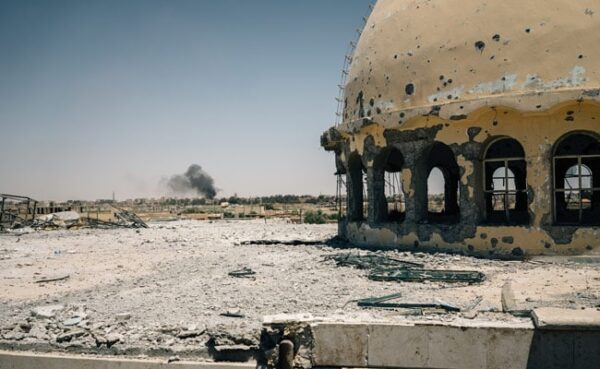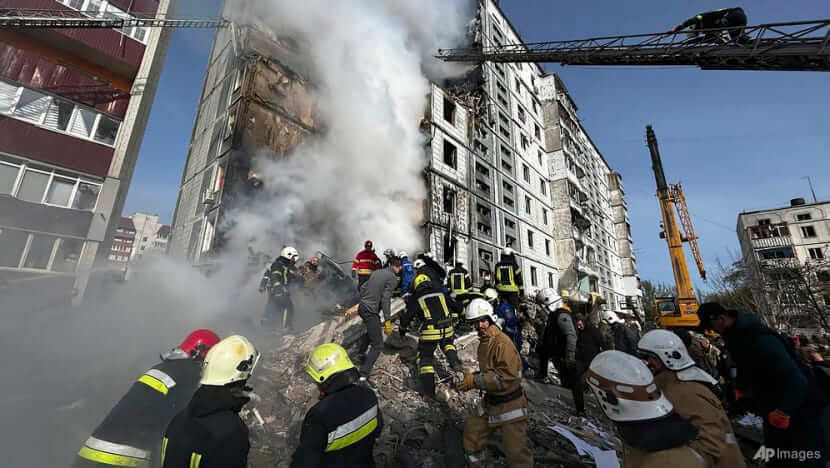With the Taliban not changing their stripes, India is working nearly with Afghanistan’s western neighbours in contriving policy
Contriving feasible programs to deal with a Taliban ruled Afghanistan Government has been one of the most important politic challenges that India has been brazened with, in recent days. India had joined the transnational community to back the democratically tagged governments, after the US military pullout from Afghanistan. New Delhi was, still, faced unanticipated challenges when the US pullout was followed nearly incontinently by an possibly nippy Taliban preemption, of the country.
It was clear that it would not be in India’s interests to face continuing challenges that could be posed by a Taliban Government, given to supporting radical Islamic causes from across its borders. With Pakistan and China working overtime to back the Taliban, it wasn’t just India, but nearly all Afghanistan’s neighbours on its western borders, who partake wide and indeed global enterprises about the restoration of Taliban rule in Afghanistan.
These enterprises arose primarily from the propensity of the Taliban ( nearly always with backing from Pakistan) to back and give safe havens to radical Islamic groups, ranging from the Islamic Movement of Uzbekistan and the Al Qaeda, to the Lashkar-e-Taiba and the Jaish-e-Mohammed, in Pakistan.
Despite these misgivings, New Delhi realised that while some form of connections were demanded with the Taliban, it shouldn’t do so in insulation. Also, while not wanting to be seen as obsessed with Pakistan, New Delhi demanded to mobilise Afghanistan’s western neighbours, who participated its enterprises, about the need to insure that the Taliban is forced to dodge furnishing the support and safe havens it had handed to the Al Qaeda, the Islamic State and other radical groups in its neighbourhood.
As anon-permanent member of the UN Security Council, India backed judgments in the Security Council to insure that the Taliban- led government in Kabul was denied class of the UN, in view of the Taliban’s support to terrorist groups like the Al Qaeda and the Islamic State.
New Delhi has worked in close collaboration with Afghanistan’s Central Asian neighbours, with whom India has excellent relations, while formulating its programs on Afghanistan. These Central Asian mates are Tajikistan, Turkmenistan, Uzbekistan, Kyrgyzstan and Kazakhstan. As former Democracy of the Soviet Union, they enjoy Russian support and security guarantees. They also enjoy historically friendly relations with neighbouring Iran.
India, Iran and Russia, in turn, have a history of working together with the Central Asian Democracy in dealing with the Taliban, indeed before the US raided Afghanistan following the9/11 attacks. Russia and Iran accepted the Indian assignation to join the Central Asian Democracy in a conference on developments in Afghanistan hosted by India, in New Delhi.
In these circumstances, India organised a meeting of National Security Advisers of Afghanistan’s Central Asian neighbours, Russia, and Iran, to bandy developments in Afghanistan, and to work out a strategy to get the Taliban to form a further inclusive government. There’s now a agreement that ethnical nonages (who constitute 55 per cent of the population) and women should enjoy their introductory mortal rights and representation in public life in Afghanistan.



